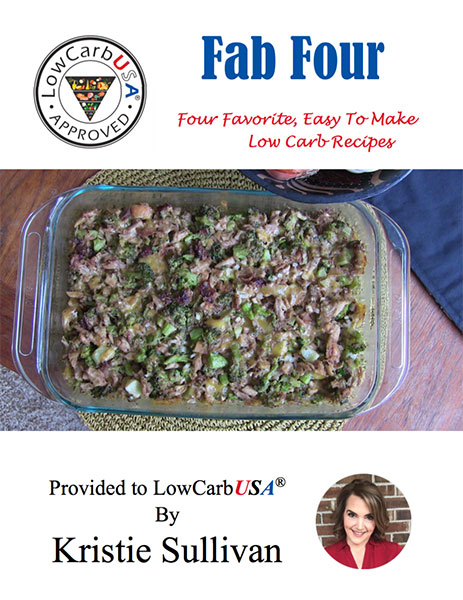Cholesterol / CVD
Chris Kresser
Unfortunately, cardiovascular disease is one of the most misdiagnosed and mistreated conditions in medicine. We’ve learned a tremendous amount about what causes heart disease over the past decade, but the medical establishment is still operating on outdated science from 40-50 years ago.
Read article
Aseem Malhotra, Rita F Redberg, Pascal Meier
Coronary artery disease pathogenesis and treatment urgently requires a paradigm shift. Despite popular belief among doctors and the public, the conceptual model of dietary saturated fat clogging a pipe is just plain wrong.
Read article
David Diamond
On July 30, David Dimond shared a podcast on the “People’s Pharmacy” with Dr. Steven Nissen, in which they discussed research on diet, heart disease, cholesterol and statins. There has been a firestorm of controversy in response to his remarks on the program, including accusations by Dr. Navar in an op-ed and by Dr. Wachter at the podcast website that he made “dangerous claims about cholesterol and heart disease” and that the “misinformation” he conveyed to patients “will increase their chances of having a heart attack or stroke”. Here is his amazing rebuttal to those claims.
Read article
Maryanne Demasi PhD
Statins are the most widely prescribed, cholesterol-lowering drugs in the world. Despite the expiration of their patents, revenue for statins is expected to rise, with total sales on track to reach an estimated US$1 trillion by 2020. A bitter dispute has erupted among doctors over suggestions that statins should be prescribed to millions of healthy people at low risk of heart disease. There are concerns that the benefits have been exaggerated and the risks have been underplayed. Also, the raw data on the efficacy and safety of statins are being kept secret and have not been subjected to scrutiny by other scientists. This lack of transparency has led to an erosion of public confidence. Doctors and patients are being misled about the true benefits and harms of statins, and it is now a matter of urgency that the raw data from the clinical trials are released.
Read article
Georgia Ede, MD
A few days ago, a brand new study by Dr. Stanley Hazen’s group at the Cleveland Clinic was published, incriminating an unfamiliar ingredient within red meat as the cause of heart disease. The New York Times trumpeted: “CULPRIT IN HEART DISEASE GOES BEYOND MEAT’S FAT“. This article received a lot of attention, so I was asked by readers and friends to comment on it. This new study is actually a conglomeration of mouse experiments, human clinical studies, and human epidemiological studies, which the authors then weave together to make their case against red meat. Straightforward it is NOT. It is a many-headed beast, armed with tentacles and suckers, but is smart, elegant in many ways, and deserving of detailed scrutiny.
Read article
Georgia Ede, MD
We’ve been told for decades that saturated fat is public health enemy number one. It’s been easy for us to buy this argument because it sounds so simple, obvious and logical: eating fat should make us fat. Since we know that obesity is associated with all kinds of other serious health conditions, it has been tempting for researchers and the general public to blame saturated fat for all of the diseases we fear most.
Dr. Georgia Ede exposes this headline seeking, sad excuse for a paper for what it really is: At best it’s sloppy and biased, at worst it’s scientific malpractice.
Read article
Paul Clayton; and Judith Rowbotham
Analysis of the mid-Victorian period in the U.K. reveals that life expectancy at age 5 was as good or better than exists today, and the incidence of degenerative disease was 10% of ours. Their levels of physical activity and hence calorific intakes were approximately twice ours. They had relatively little access to alcohol and tobacco; and due to their correspondingly high intake of fruits, whole grains, oily fish and vegetables, they consumed levels of micro- and phytonutrients at approximately ten times the levels considered normal today. This paper relates the nutritional status of the mid-Victorians to their freedom from degenerative disease; and extrapolates recommendations for the cost-effective improvement of public health today.
Read article
Maryanne Demasi; Robert H Lustig; Aseem Malhotra
Emerging evidence shows that insulin resistance is the most important predictor of cardiovascular disease and type 2 diabetes.
Read article
Georgia Ede, MD
Poor cholesterol—so misunderstood. All animal cells require cholesterol for proper structure and function. The vast majority of cholesterol in the body does not come directly from foods like eggs and meat, but from the liver, which can make cholesterol out of anything we eat. So, if cholesterol-rich foods don’t cause high cholesterol, what does?
Read article

